317
The story you are about to read is an abridged version of the true life experience of Yusuph Olaniyonu, communications strategist, journalist, lawyer, public affairs analyst and former Information Commissioner in Ogun State. I say without equivocation that Yusuph was one of the finest writers that Nigerian journalism has produced in this epoch – until we “lost” him to the politicians! I was moved to tears reading what he went through in the hands of our lousy health system. My wife nearly fell victim when we were about to have our second baby 24 years ago. I, too, nearly fell victim two years ago. There is the need to declare an emergency in the health sector. Read on:
“Perhaps I should not be alive. But I am. Despite all odds. I am still frail and fragile. But now, I can stand on my feet again. It all started on 19 February when I drove myself into a government hospital in Abuja for an elective surgery. The surgery itself was meant to last for a few minutes and I should return home not later than two days thereafter. That was what I was told. But that was not what happened.
Since that fateful Monday morning, I have gone in and out of the surgical theatre nine times for six major operations and three minor procedures. I spent six days in the Intensive Care Unit (ICU), surviving on oxygen and relieving myself through catheters. I became totally dependent on others for the performance of even such personal functions as cleaning myself. I lost 20 kilos in five months and was reduced to a mere sack of bones. I lost the use of my limbs and, like a toddler, had to learn to walk again. I spent millions of Naira and thousands of dollars of my own and other people’s money. I travelled hundreds of kilometres to find help. I reached the very bottom of despair itself; and I even made plans for my own burial. But, somehow, I am still alive…
Since my dad died of prostate cancer 23 years ago, the doctor had warned me that male children of prostate cancer victims are predisposed to suffering the same fate. Since my 40th birthday, I had, therefore, ensured that a comprehensive medical check-up was part of my annual rituals. In the course of one of those routine check-ups, I was alerted a few years ago of an enlargement of my prostate. Following this discovery, I enrolled in a public medical facility in Abuja and made sure to see the urologist every three months. At one point, I was also advised to see a nephrologist once in a while.
All these visits, I understood, were merely precautionary… I was assigned a consultant urologist of my own. And I also saw a nephrologist in the hospital. However, while the nephrologist kept assuring me that everything was fine, the urologist started to raise an alarm. At one point, he told me that if we didn’t act fast, my enlarged prostate might begin to affect my kidney. The only solution, he said, was surgical intervention.
He was the expert, so I yielded to his pressure and agreed to do the surgery. That turned out to be a major mistake. But I only became wiser by way of a horrifying hindsight. My result from the prostate test showed that I was, in fact, in a much better place than several of my friends who all were surprised that I chose to go under the knife for an ailment that offered a little more than just mere discomfort as long as it is not cancerous. They were right… It turned out that all I needed was a slight change in lifestyle, not drinking or eating late into the night and to continue to take the drugs that were prescribed for management purposes, which, by the way, my urologist had asked me to stop taking.
Although it did not mean much to me at the time, in this hospital patients do not have access to the results of their laboratory tests. The doctor electronically sends requests to the laboratory and once the patient has made payment, the laboratory conducts the test and sends the results in the same manner back to the doctor. The doctor would access the results on his computer and, based on this, make pronouncements on what the patient needs to do next. In my case, the verdict was surgery.
This was why I drove myself to the government hospital on 19 February and spent the night preparing for surgery the next day. A week before, I had gone through a cystoscopy procedure. That was my first time ever in a hospital surgical theatre. But since the 20th of February, I have been in several theatres more than an average person would in a lifetime. It happened that during the first surgery, the surgeons ruptured my bladder. In panic, they had to abandon the prostate operation that brought me in, hurriedly placed a catheter inside my urethra, and returned me to the hospital ward. It so happened also that the catheter was not properly placed, so urine was not going into the bag. I was returned to the theatre to remedy the situation. When I came out this time around, the urine was reverting to my genitals, which had by now become grotesquely engorged with fluid.
Three trips back to the theatre did not change anything. And this was enough to send everyone into panic. I was wheeled into the ICU where I passed out and had to be placed on oxygen. At this point, it had become obvious that the medical team had reached its wit’s end. It had lost control. One of them had, in fact, quietly told my family that my chances of survival were 50-50. They were already thinking of moving to the next patient. After all, they had ‘tried their best!’
But then, to paraphrase Shakespeare, heaven has no fury like a woman about to be widowed. My wife rose to the occasion. She thought what was needed to save my life at that point were some ‘muscles’ that would compel the doctors to give me proper attention… She picked up my phone and called people in top places on the need for the hospital management not to abandon me…
With all these influential forces breathing down their neck, the hospital realized that this was one patient they could not afford to trifle with. I was returned to the theatre where they had to open me up – yet again – to properly adjust the catheter and ensure that I hadn’t suffered any internal damage. I ended up spending six days in the ICU and later returned to the private room. In the ICU, the traffic and calibre of people who came to see me surprised the hospital management.
After two weeks, I was discharged and I went home… Although I had lost so much weight, it looked as if I was set on my way to recovery. Until something happened that would change everything, kick-starting another wave of anguish, fear and relentless pain. It was the second day after Eid-el-Fitri. My son had persuaded me to take a small pack of Lucozade Boost juice on Sallah day, believing this might stimulate my appetite… The next day, my wife observed that my urine was the same colour of the Lucozade Boost I had taken the previous day. She brought out her blood pressure monitor to check my vitals. She found out that, though I was hypertensive, my blood pressure was low while my pulse rate was unduly high. Then, I started having this electric shock sensation once I moved my head back even a little…”
To cut this long, tortuous, and agonizing story short, it was in a hospital in Egypt that reprieve came the way of Yusuph.
“Now, I am a bit stable. I can walk unaided. At a time I could not even move a finger, but now I can sit down and type this piece on my iPad….I have written this piece to celebrate the fact that I am alive, despite my ordeal in the past five months, and also to share my experience of the Nigerian medical system. Even before I traveled to Egypt, I had realized that so much is wrong with our medical system, for which I nearly paid with my life. But my experience in Egyptian hospitals and with Egyptian doctors made me realize this even more.
Why do our doctors behave as if they are being forced to be doctors; as if there is no minimum standard to which they must comply; as if they can do anything and get away with it; as if it was enough for them to just claim that they tried their best? The Egyptian hospital was replete with stories of Nigerians who come there to correct surgical operations that had been performed in Nigeria, some from glamorous hospitals in Abuja where they charge exorbitantly…
Public health workers in Nigeria behave as if they would rather be somewhere else, as if they are actually doing the patients a favour. The painful truth is that they don’t care whether you live or die. There is work here for everyone – the government, professional bodies and training institutions”
Harrowing experience, no doubt! Depressing prognosis of the health sector! The system has totally collapsed. The depth to which we have sunk in every facet of our national life over the years is mind-boggling. Methinks these are some of the critical issues that strikes and protests should address head-on, not politicking, rabble-rousing and playing to the gallery!
I wish Yusuph quick and perfect recovery! And kudos to his wife, family and friends! I cannot wait to have him pick his flaming pen once again!
turnpot@gmail.com 0807 552 5533
Former Editor of PUNCH newspapers, Chairman of its Editorial Board and Deputy Editor-in-chief, BOLAWOLE was also the Managing Director/ Editor-in-chief of THE WESTERNER newsmagazine. He writes the ON THE LORD’S DAY column in the Sunday Tribune and TREASURES column in New Telegraph newspaper on Wednesdays. He is also a public affairs analyst on radio and television.






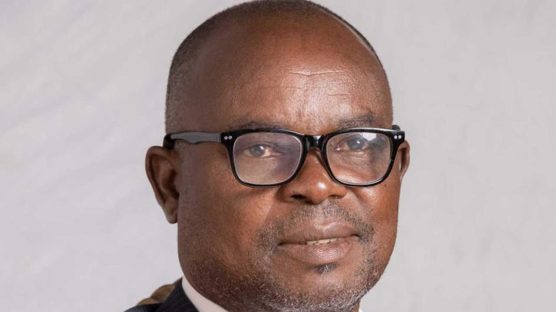


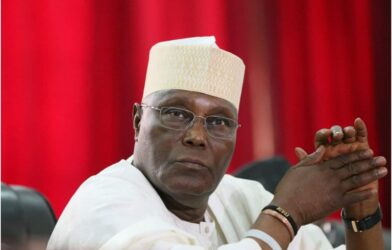
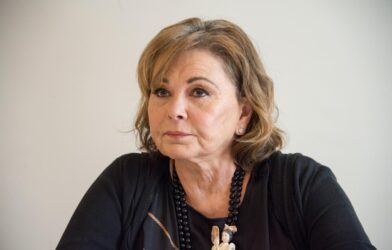
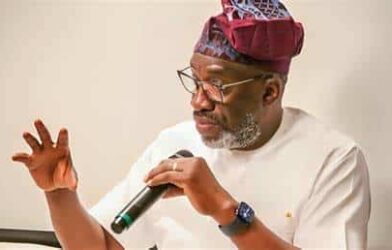

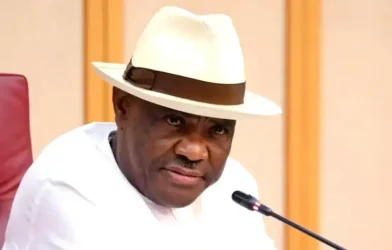
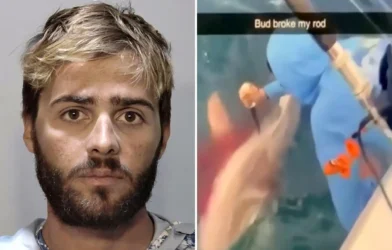
Comments are closed